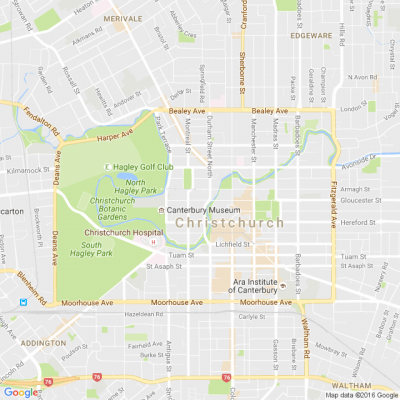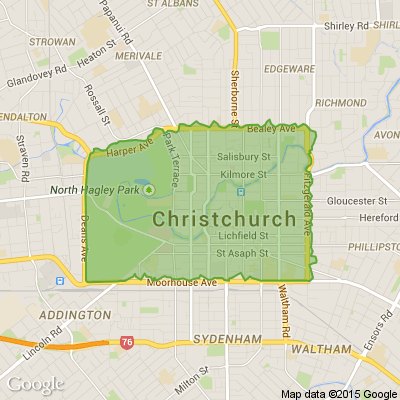Greenpeace tests revealing high nitrate levels labelled ‘misleading’
From local democracy reporter Jonathan Leask:
Ashburton residents are being assured their water is safe to drink following claims from Greenpeace.
Greenpeace said its preliminary analysis of 107 samples from the Ashburton area had "extremely concerning" levels of nitrate contamination.
The claims resulted in a flood of concerned residents contacting the Ashburton District Council, which has assured residents connected to its 12 public drinking water supplies that the water is safe to drink, and that it complies with nitrate levels in the national drinking water standards.
The council constantly monitors and tests its water supplies, which service about 70% of the district’s population, chief executive Hamish Riach said.
Environment Canterbury director of science Dr Tim Davie labelled Greenpeace’s portrayal of drinking water testing as “misleading”.
Greenpeace used statistics based on a single Danish study rather than New Zealand’s Drinking Water Standards, set by the Ministry of Health and Taumata Arowai, Davie said.
“It’s also important that people understand that the Greenpeace samples were taken mostly from private wells on rural properties and not the main Ashburton town drinking water supply."
Greenpeace Aotearoa lead campaigner Christine Rose said the "extremely concerning" levels of nitrate contamination are the result of intensive dairying in the region.
"What we’re seeing here in Ashburton is totally unacceptable.
"The Government needs to take urgent action to address nitrate contamination at the source, to protect the health of rural communities.
"That means regulating the intensive dairy industry by phasing out synthetic nitrogen fertiliser, and halving the dairy herd."
But Davie said the increase in nitrate concentrations was “a result of more than a century of all types of agriculture and meat processing on the Canterbury plains”, and would take some time to address.
That was because it took a long time for nitrate-rich water to move through the groundwater system.
“The well-known issue of elevated nitrate concentrations is a key driver for change in agricultural practices in the Ashburton plains, leading to better environmental outcomes.
“We have been working on this closely with the farming community for over five years, through the nitrate leaching restrictions in our plans driving better farming practices.”
Greenpeace’s test results had 11% of the 107 samples exceeding the current nitrate standard of 11.3 mg/l, all from private bores in the Ashburton area.
It was not reported specifically where the samples were taken from or if locations were verifiable.
Best way to use leftovers?
I'm sure you've got some excess ham at home or cold roast potatoes.
What are some of your favourite ways to use leftover food from Christmas day? Share below.

⚠️ DOGS DIE IN HOT CARS. If you love them, don't leave them. ⚠️
It's a message we share time and time again, and this year, we're calling on you to help us spread that message further.
Did you know that calls to SPCA about dogs left inside hot cars made up a whopping 11% of all welfare calls last summer? This is a completely preventable issue, and one which is causing hundreds of dogs (often loved pets) to suffer.
Here are some quick facts to share with the dog owners in your life:
👉 The temperature inside a car can heat to over 50°C in less than 15 minutes.
👉 Parking in the shade and cracking windows does little to help on a warm day. Dogs rely on panting to keep cool, which they can't do in a hot car.
👉 This puts dogs at a high risk of heatstroke - a serious condition for dogs, with a mortality rate between 39%-50%.
👉 It is an offence under the Animal Welfare Act to leave a dog in a hot vehicle if they are showing signs of heat stress. You can be fined, and prosecuted.
SPCA has created downloadable resources to help you spread the message even further. Posters, a flyer, and a social media tile can be downloaded from our website here: www.spca.nz...
We encourage you to use these - and ask your local businesses to display the posters if they can. Flyers can be kept in your car and handed out as needed.
This is a community problem, and one we cannot solve alone. Help us to prevent more tragedies this summer by sharing this post.
On behalf of the animals - thank you ❤️








 Loading…
Loading…






















